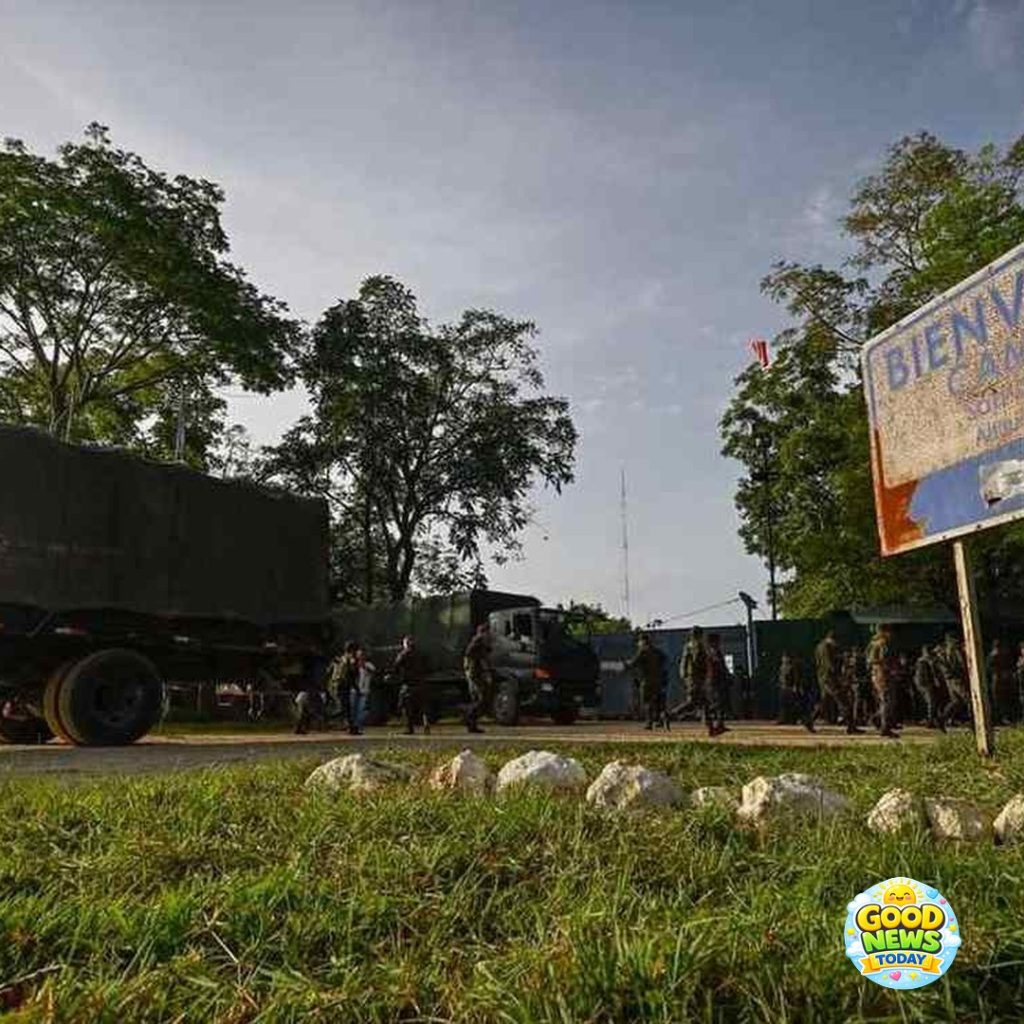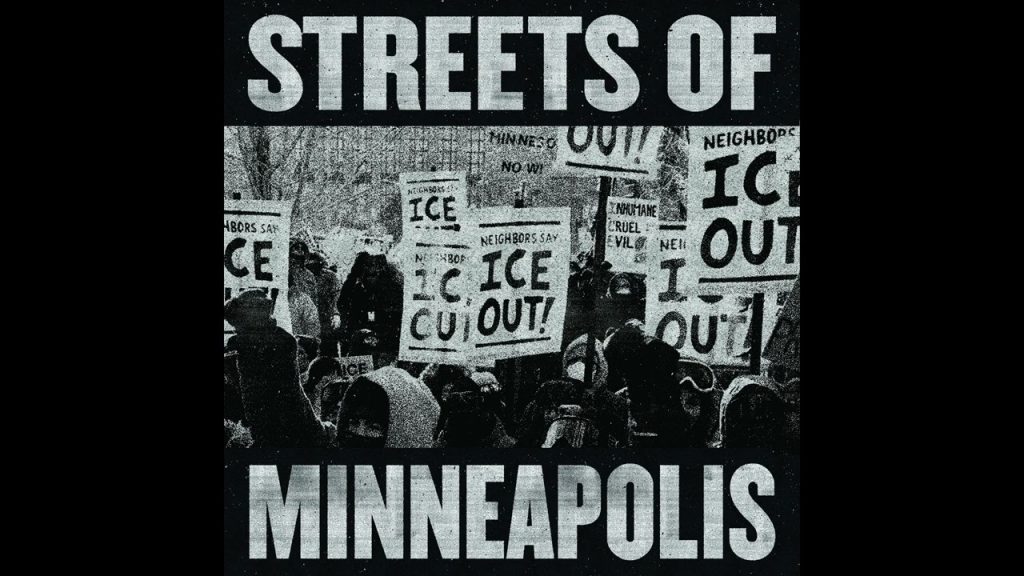A recent plea deal in a high-profile Idaho murder case has ignited a firestorm of anger and disbelief among the victims’ families, who are fiercely condemning what they call a “shocking” and “unjust” resolution. As the courtroom drama unfolds, many are questioning the judge’s rationale behind accepting the agreement, which they claim falls far short of delivering true justice.
The case in question involves a series of brutal murders that left a community reeling and families devastated. Following months of intense legal proceedings, prosecutors announced they had reached a plea agreement with the defendant, effectively sidestepping a full trial. Under the terms of the deal, the accused agreed to plead guilty to lesser charges in exchange for a significantly reduced sentence compared to what could have been imposed if found guilty on all original counts.
Victims’ families react with fury
The news has sparked immediate outrage from the victims’ relatives. Many expressed shock that the plea deal did not reflect the gravity of the crimes committed and accused the justice system of failing to uphold accountability. Some family members voiced their frustration publicly, saying the judge’s acceptance of the plea deal felt like a dismissal of their pain and losses.
“This plea deal is a betrayal,” one family member said. “We wanted to see the full extent of the crime acknowledged in court, not swept under the rug with a bargain that rewards the perpetrator’s evasion of responsibility.”
Another relative described the judge’s decision as “mind-boggling,” adding that it undermines the community’s faith in the legal process. These sentiments are echoed by local advocates for victims’ rights, who criticize the potential precedent this case sets for future violent crime proceedings.
Judge’s perspective and legal reasoning
In response to the backlash, the presiding judge provided a brief statement explaining that the acceptance of the plea deal was based on careful consideration of various factors, including the likelihood of conviction, potential risks to witnesses, and the impact on the families involved. Judges often face difficult decisions balancing the desire for justice with pragmatic concerns about trial length, evidence strength, and resource allocation.
Legal experts note that plea agreements are a common feature of the U.S. criminal justice system, often aimed at ensuring some measure of accountability without the time and emotional toll of a protracted trial. However, they also acknowledge that in cases involving violent crimes, such deals can be extremely controversial, particularly for those directly affected.
Community response and next steps
The case continues to be a focal point of conversation within the Idaho community, where many residents are demanding greater transparency and reform in the judicial process. Efforts are underway among advocacy groups to lobby for more victim-centered policies, including enhanced participation in plea negotiations and increased sentencing transparency.
Meanwhile, the victims’ families are exploring their legal options, including the possibility of appeals or challenges to the plea agreement. Their collective resolve underscores a broader call for justice systems to balance efficiency with empathy and fairness, especially in the aftermath of tragic loss.
As this story develops, one thing remains clear: the dialogue around this case is far from over, and its impact may prompt significant reassessment of how plea deals are handled in violent crime cases nationwide.



